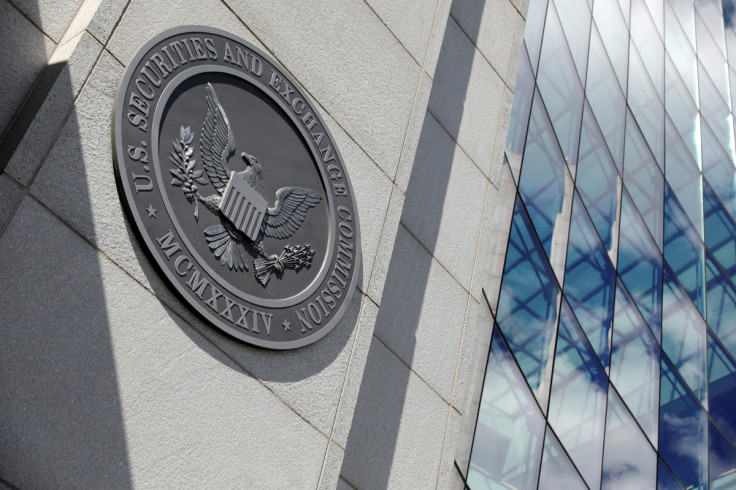SEC Asks Court For Summary Judgment On All Claims Against Do Kwon, TFL

KEY POINTS
- The SEC alleged that Kwon and TFL engaged in fraudulent conduct and gave misleading statements that deceived investors
- Kwon's camp last week argued that the court should drop the lawsuit since the SEC could not provide evidence to support its claims
- Kwon is currently in a Montenegro prison
The U.S. Securities and Exchange Commission (SEC) has asked a court to issue a summary judgment on all of its claims against the blockchain firm Terraform Labs (TFL) and its co-founder Do Kwon.
The Wall Street regulator argued that the court should issue a summary judgment in Kwon and Terraform Labs' case since "the record shows that there is no genuine dispute as to any material fact."
But why a summary judgment this early?
The summary judgment, if granted, could bypass the usual spectacle of a full, lengthy trial considering that the regulator is confident there is little dispute over crucial facts.
The SEC's court filing says money being pooled in a common enterprise anticipating profits from its promoters' efforts satisfies the Howey test and warrants judgment in favor of the regulator.
The Howey test is a legal test used to identify if the transactions are investment contracts or not under U.S. federal law.
The SEC also alleged that Kwon and TFL engaged in fraudulent conduct and gave misleading statements that deceived investors, particularly about the stability of the so-called algorithmic stablecoin TerraUSD (USDT) while working hard to find a third-party intervention at a time when the crypto asset de-pegged from the dollar.
The SEC's latest move came after Kwon and TFL's lawyers filed a motion for summary judgment with the U.S. District Court for the Southern District Of New York last week. They argued the financial regulator had failed to prove that TFL was selling securities or committing fraud.
They claimed the SEC could not provide evidence to support its claims in the lawsuit.
"Defendants bring this motion because there is no genuine dispute as to any material facts and they are entitled to summary judgment as a matter of law," the court filing read. "But after two years of investigation, the completion of a discovery period that resulted in the taking of more than 20 depositions, and the exchange of over two million pages of documents and data, the SEC is evidentiarily no closer to proving that the defendants did anything wrong."
Kwon's lawyers said the SEC was using an analysis made by an economics professor at Rutgers University as the basis for its lawsuit, which was "conceptually and methodologically flawed."
Terra crashed in May 2022, erasing billions of dollars in investment. Its collapse also sent shockwaves within the cryptocurrency industry, which saw the shutdown of multiple crypto businesses.
Kwon is currently serving his sentence in Montenegro after a court found him guilty of using fake travel documents.
Earlier this week, Daniel Shin, the co-founder of TFL, distanced himself from the business he helped build and blamed Kwon and his management practices for the collapse of the crypto empire.
© Copyright IBTimes 2025. All rights reserved.






















